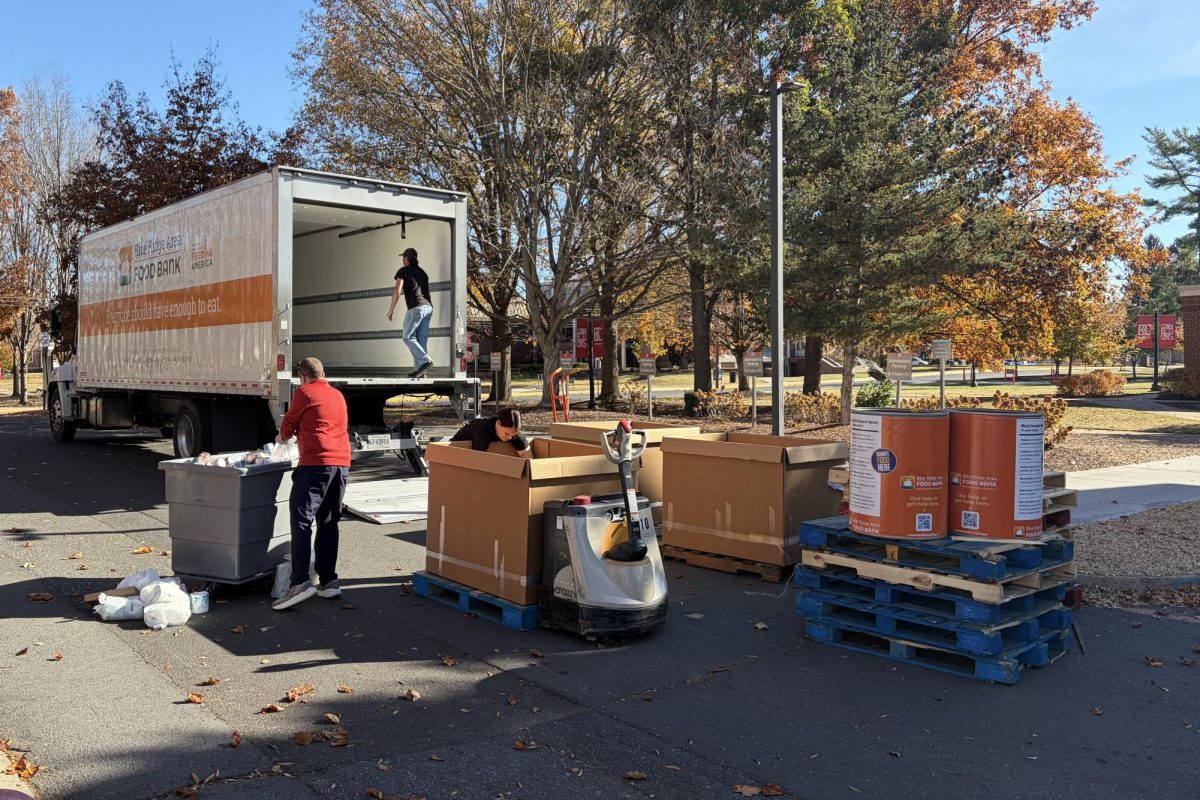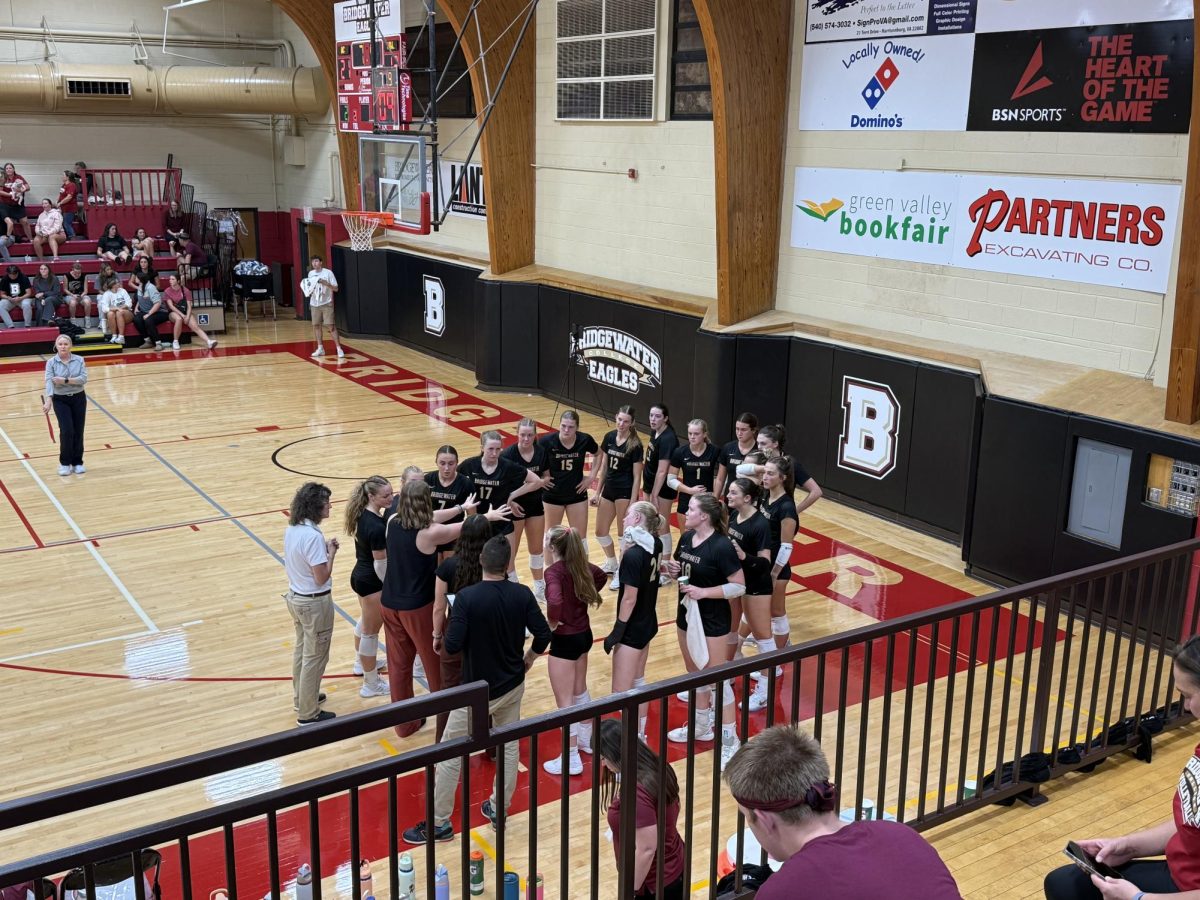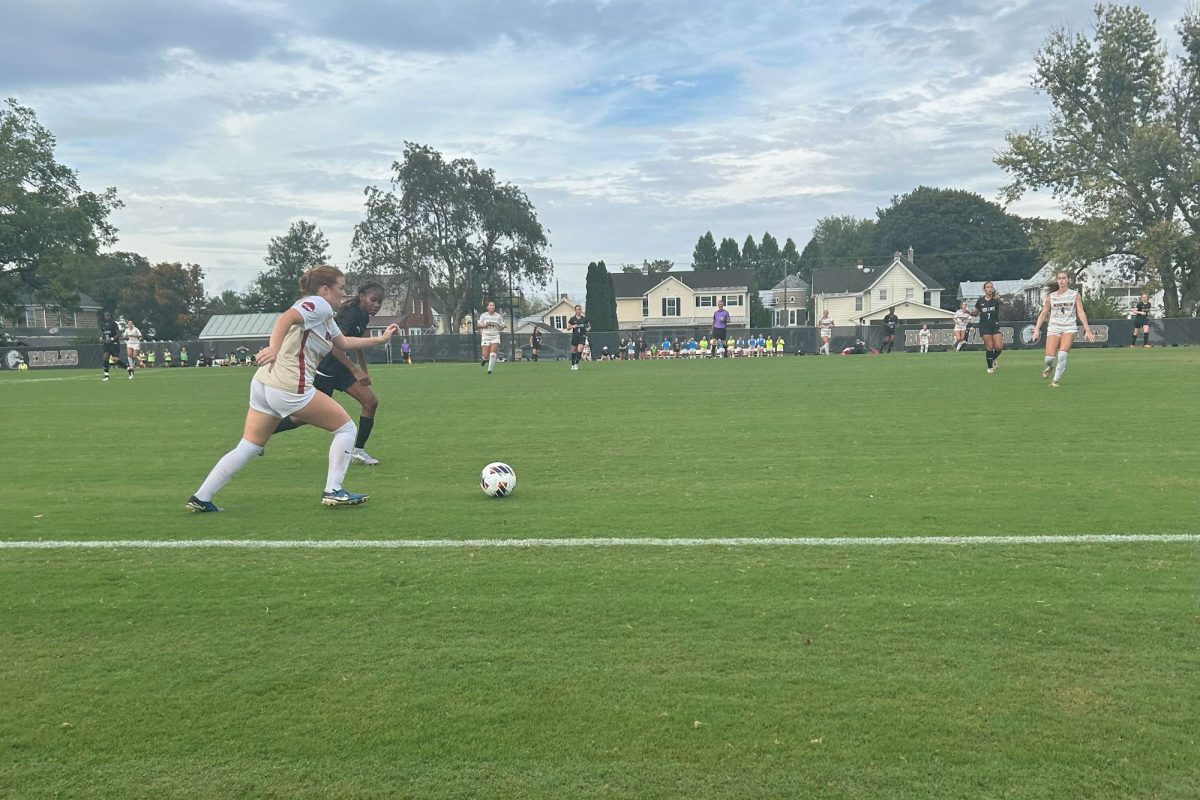BRIDGEWATER, Va. – Isaac Plange, a sophomore engineering student here at Bridgewater College, has always been interested in fluid dynamics, fluid mechanics and aerospace engineering.
Behavior, cavitation, which is the formation of vapor bubbles within a liquid, and fluid flow regimes are the core principles behind using frequency analysis to determine pump performance, according to Plange. Fluid flow regimes are the different ways fluids flow, such as the laminar flow, transition flow and turbulence flow.
A challenge he faced while conducting his research was temperature fluctuations in the McKinney Center.
“I had to take measurements both very early in the mornings, like 2 to 3 a.m., and very late at night, sometimes almost 11 p.m.,” said Plange. “I had to be in the lab to understand how the fluids were behaving, because fluids are very sensitive to temperature.”
“If there is a temperature fluctuation, it is going to affect the result I see,” said Plange. “For me to make an accurate conclusion, I have to see exactly how the fluids are behaving and then make a conclusion from there.”
Plange identified what he found interesting when conducting research.
“Number one, anything could go wrong,” said Plange. “It takes just one mistake, it takes very little to create a big problem.”
“Another interesting thing I would say is that we do not understand fluids.” added Plange. “Our textbooks tell us fluids behave in a certain way, you test it in a lab, you see completely different results.”
Despite the obstacles Plange faced, the equipment he used was helpful to him throughout the process. The equipment and tools he used to measure the frequency of the pumps were assembled from different components.
“I would say the most interesting component to me is where the pressure transfuses,” said Plange.
“Whenever there is a problem somewhere, you need to take everything apart and build it again,” said Plange.
One of the most common problems Plange ran into was temperature change and fluid vortices. Plange describes fluid vortices as whirlpools, which is flow separation and that is caused when you restrict the amount of space that the fluid is supposed to pass through.
“We do not completely understand fluids as a scientific community,” said Plange when asked about what the results of this project tells about fluids.
“Also, people who maintain public water systems should be careful when they are adding on to the length of the pipes or valves to these systems, because they might destroy something,” Plange added.
These results can be applied in real-life situations by making sure that the pressure difference between the head pump is always greater than 3%,” said Plange.
Plange restates that society does not understand fluids and we should not pretend that we do. In the future, Plange believes there will be more research and development to where society will fully understand fluids and how they operate.























































